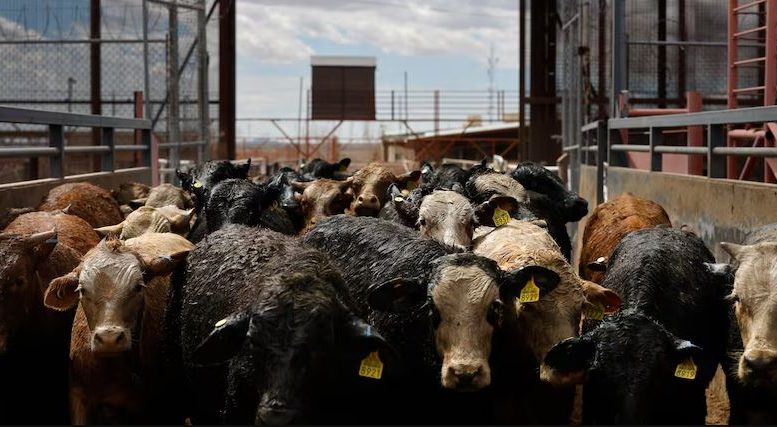Mexico and USA Sign Agreements to Resume Mexican Cattle Exports
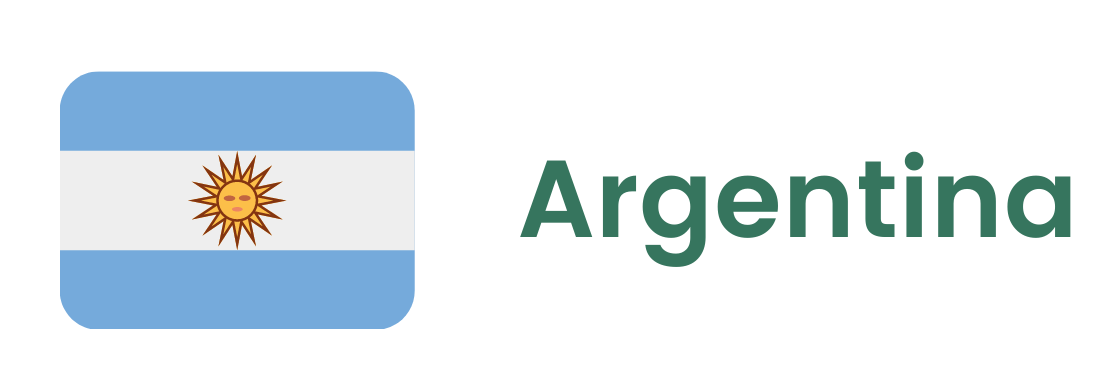
Wheat sowing in the season 2025/26 has begun at a “good pace” thanks to dry conditions in the west and north of the country, according to the Buenos Aires Grain Exchange. Sowing is behind schedule in the central agricultural area due to heavy rains in recent weeks. Soybean and corn harvests are also behind schedule in that region. Farmers have harvested 80.7% of soybean and 40.5% of corn. (BdeC)
Demand for dollars has reached its highest level since 2019 after President Javier Milei eased currency restrictions in the country. About 1 million Argentines bought a net U$1.9 billion in US currency in April, the most since 2019. That’s a significant increase from March, when 34,000 people bought US$6 million in US currency. (Central Bank of Argentina)
Senasa has suspended until June 16 the relaxation of restrictions on the entry of bone-in meat into Patagonia, a foot-and-mouth disease-free region without vaccination. The measure threatens sheep exports, risks market losses, impacts 100,000 families, may lead to the abandonment of fields, and hinders the movement of animals. Responses from the EU and Chile are awaited, and the suspension may be extended. (Mesa de Enlace; Argentine Ministry of Agriculture)
Argentina and Brazil move forward cooperation in the olive oil industry during a technical meeting held May 26th to 29th, focusing on harmonizing standards, market integration, standardizing sensory tests, and mutual recognition, in addition to discussing the Memorandum of Understanding with Mendoza for strategic projects such as Potássio Rio Colorado. (Brazilian Ministry of Agriculture)

The first shipment of Brazilian Hass avocados was officially exported to Chile. The shipment was carried out by the company Carlini Avocados. The opening of the Chilean market was possible thanks to the joint work of the Brazilian Association of Fruit Farmers and Exporters, Ministry of Agriculture and Livestock and Ministry of Foreign Affairs. (Abrafrutas)
The expansion of the use of corn ethanol as the preferred fuel at gas stations is directly related to tax structure of the States, said José Odvar Lopes, the president and founder of Inpasa, the largest producer of corn ethanol in Latin America. Last year, the company processed 8.3 million tonnes of off-season corn and produced 3.7 billion liters of ethanol, almost half of Brazil’s volume. (Inpasa)
Tests carried out on chickens from a commercial farm in Anta Gorda, State of Rio Grande do Sul, where highly pathogenic avian influenza was suspected, came back negative. This was the only suspected case on a commercial farm that was being investigated by the Ministry of Agriculture. (MAPA)
Jacto Group, a Brazilian ag sprayer company, announced the acquisition of Solo Kleinmotoren GmbH, a German manufacturer of manual, motorized and battery-powered sprayers, as well as blowers and cutting machines. “This is an opportunity to enter new markets and strengthen the company as a global player in agribusiness”, said Ricardo Nishimura, chairman of the board of directors at Jacto Group. (Grupo Jacto)
Soybean production in the State of Mato Grosso for 2025/26 was estimated at 48.35 million tonnes, according to the Mato Grosso Institute of Agricultural Economics. This represents a 5.18% drop when compared to the previous season. The reduction is related to the expectation of lower production, influenced by uncertainties regarding the level of investments and weather conditions. “Despite the decline, the current projection still corresponds to the second largest volume in the historical series, behind only the 2024/25 season”. (IMEA)
Only 14% of the rural area cultivated in the country has insurance. In the State of Mato Grosso do Sul, 82.45% of crops are not insured. In the State of Goiás, 89.96% are not insured, while in the State of São Paulo 91.59% do not have this type of protection. “The scenario highlights the urgency of expanding coverage and customizing the available solutions, especially with the 2025/26 Harvest Plan (Brazilian Government’s agricultural financing program) approaching”, said EEmovel Agro’s operations director, Luiz Almeida. (EEmovel Agro)
Allterra announced Eduardo Navarro as its new CEO. (Allterra)
National Supply Company launched the “Arroz da Gente” Program with an initial investment of US$ 3 million for technical assistance, credit, and the purchase of small harvesters. Partnerships were established with Embrapa, Banco do Brasil, BNDES, and IFRN for research and training in ten territories across the States of Mato Grosso, Tocantins, Goiás, and Minas Gerais, with planned expansion to the Northeast region and the Legal Amazon. (Conab; Ministry of Agrarian Development and Family Farming)

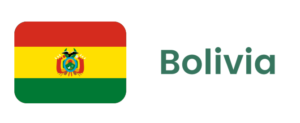
President of the Corn and Sorghum Farmers Association, Mario Moreno, warned that between 10 and 12 million liters of diesel are needed for the corn harvest in Southern Santa Cruz, stating: “We hope to receive the necessary assistance and not have problems harvesting on time.” (Promasor)
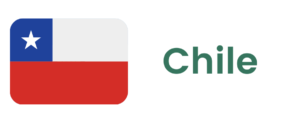
Chile Alimenta el Futuro government program will invest US$ 2.53 million in 2025 to strengthen the SAG in biosecurity, modernize laboratories and border controls, and digitize INDAP to support family farming, in addition to implementing a new policy and system for disaster risk management in the agricultural sector. (SAG)
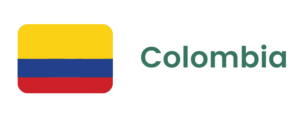
6.4 million cattle and buffaloes were vaccinated during the two weeks of the foot-and-mouth disease campaign, around 21.3% of the herd. According to José Félix Rivera, executive president of the Colombian Livestock Farmers’ Federation, this number exceeds the number of animals vaccinated in 2024. Vaccination will continue until June of 2025. (Fedegan)
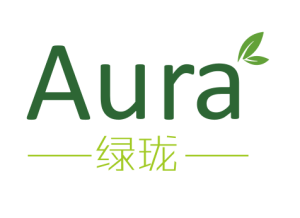
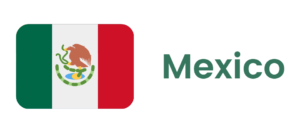
Mexico and the United States have signed a series of agreements to allow exports of Mexican cattle after a temporary suspension caused by the presence of the Cochliomyia hominivorax (Gusano Barrenador de Ganado) fly in some regions of the country. A technical mission from the USDA to Mexico is expected to take place in the coming days to advance the release. (Government of Mexico)
Population wants closer economic ties with China in Latin America, especially in Mexico, according to an opinion poll conducted by AtlasIntel. Nearly two-thirds of Mexicans surveyed in May said their country should do more business with the Asian giant, far more than those who advocate closer economic relations with the US. (AtlasIntel)

“Good dynamics of wheat exports” during the first four months of the year, according to the Paraguayan Chamber of Exporters and Traders of Cereals and Oilseeds. The companies that exported the most were Sumar Trading and Agropheryl, with 10% of the total shipped, followed by Nativa (9%), Agro Silo Santa Catalina and Ovetril (7%), Biosafras and Cooperativa Pindo (6%), LAR (5%), among others. (Capeco)
Paraguayan government is in negotiations with Brazil and Argentina to obtain political support for the construction of a gas pipeline connecting the three countries. The proposal is for a 1,050 km structure, which could help mitigate the decline in Bolivian gas exports. (Paraguayan Ministry of Mines and Energy)

Camposol recorded a 51% increase in sales volume in the Q12025, with blueberries standing out. According to CEO Ricardo Naranjo, “this quarter’s results mark a solid and promising start to the year,” in addition to reducing net debt/EBITDA to its lowest level in five years. (Camposol; Blueberries Consulting)
Congress approved the new Agrarian Law in its first vote, with 35 votes in favor, 35 against, and 15 abstentions. The law grants tax benefits to large agricultural exporters, such as a reduction in income tax from 29.5% to 15% and exemptions with no time limit. The proposal will undergo a second vote after seven days. (Ministry of Economy and Finance; Congress of the Republic)
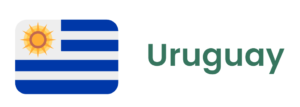
Rice sector ended the 2024/25 harvest with the highest volume in history and the third best average performance, with an average of 9.4 tonnes/hectare. There was an increase of 30 thousand hectares in the national production area. (INIA)
Beef exports grew 36% compared to the previous year, with more than 36,000 tonnes shipped; the US maintained its lead with US$ 83 million and 11,000 tonnes (+45%), the European Union rose to second place with US$ 75 million and 7,000 tonnes (+78%), while China fell to third, with US$ 32 million and 13,000 tonnes (+23%). (Uruguay XXI)
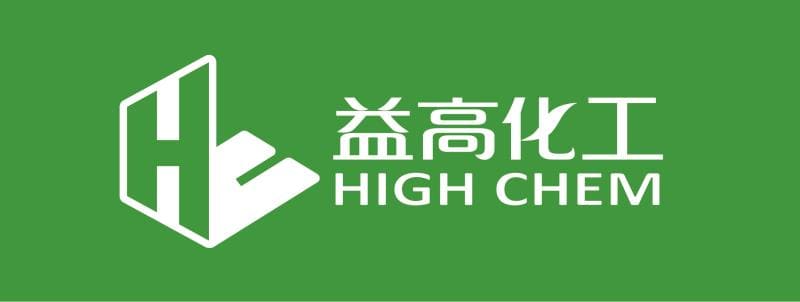
READ MORE:

